Employment Reference Request Letter Template Guide
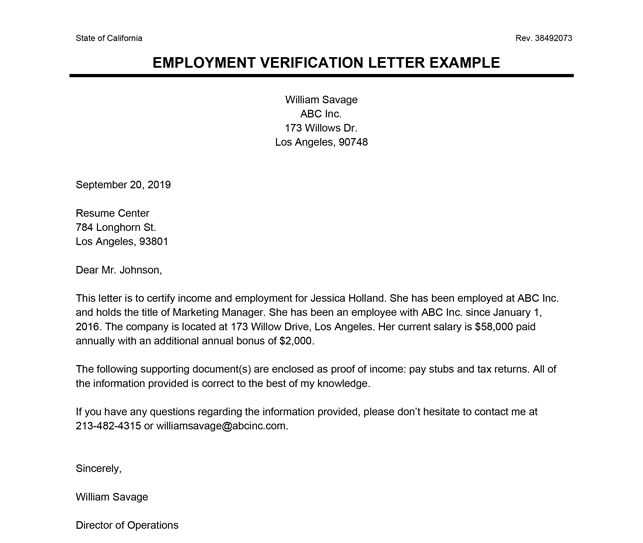
When seeking a professional endorsement from a former colleague or employer, it’s crucial to craft a clear and respectful communication. This type of message serves as a formal approach to request support for your career development or job applications. The tone, clarity, and purpose of the message will often influence the recipient’s willingness to assist you.
What to Include in Your Message
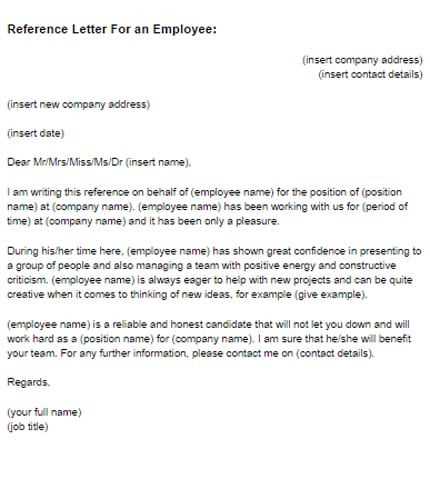
In order to make your appeal as effective as possible, ensure the following elements are present in your message:
- Clear Purpose: State why you’re asking for assistance, whether for a job application or other professional opportunity.
- Specific Details: Provide context, such as the role you’re applying for or the skills you wish to highlight.
- Professional Tone: Maintain a respectful and formal tone, even if you are on good terms with the recipient.
Structure and Flow
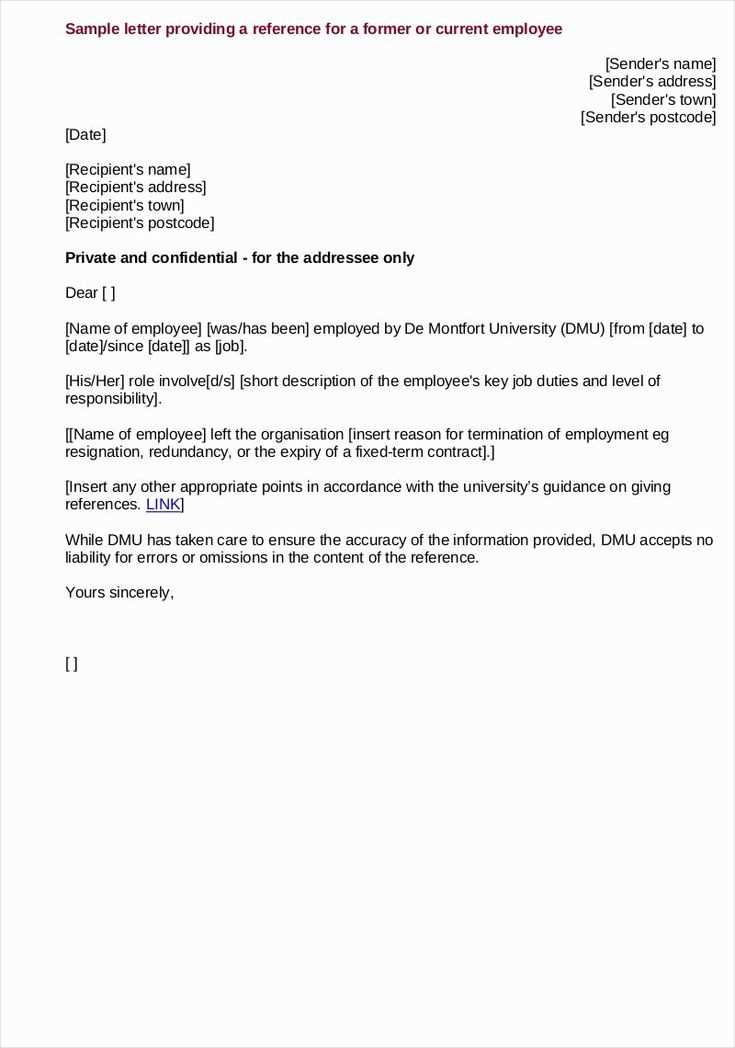
The structure of your message should be logical and straightforward. Begin with a polite greeting and a brief introduction of who you are. Then, explain the reason for your appeal and include any necessary details. Conclude with gratitude and a professional closing.
Timing Your Request
Timing is important when asking for a professional endorsement. Ensure you reach out well ahead of any deadlines, allowing your contact ample time to respond. Avoid last-minute requests, as this may come across as inconsiderate.
Common Pitfalls to Avoid
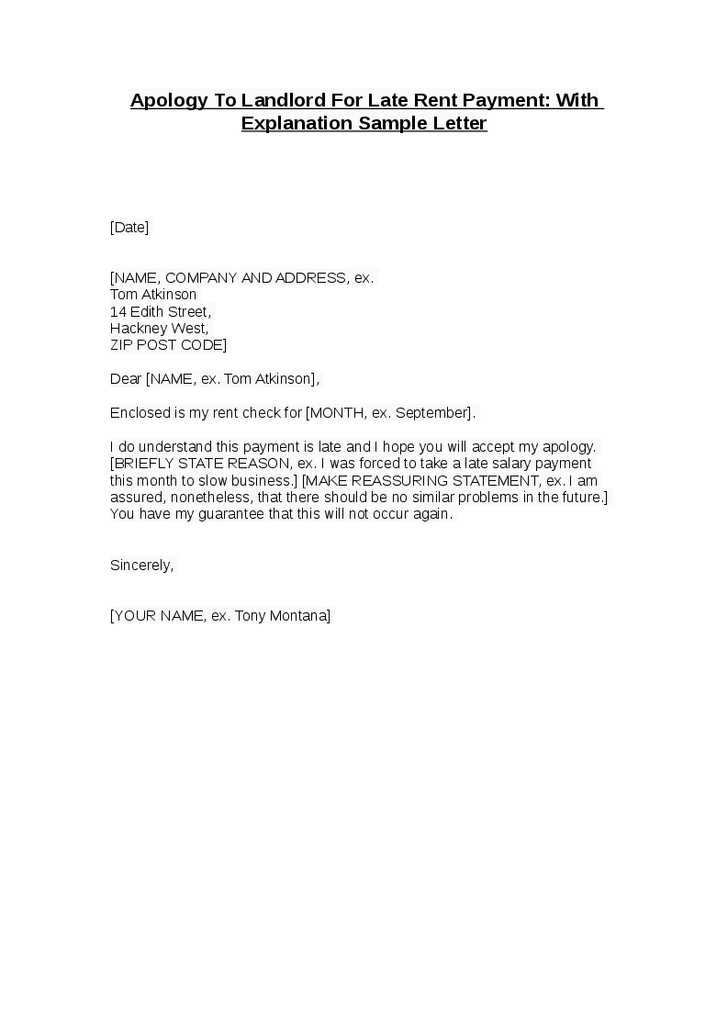
- Vague Requests: Avoid being unclear about what you need or why you’re reaching out. A well-defined purpose will increase your chances of a positive response.
- Overly Casual Tone: Even if you’re familiar with the individual, always use professional language in your message.
- Too Much Detail: Keep your request focused and to the point. Don’t overwhelm the recipient with unnecessary information.
Best Practices for Effective Communication
Always follow up on your request, but do so in a polite and non-intrusive way. Express your appreciation, and make it clear that you value their time and help. A well-crafted approach not only improves your chances of receiving the endorsement but also strengthens professional relationships.
Understanding the Importance of Professional Endorsements
Requesting a formal endorsement from a previous employer or colleague is an essential part of advancing your career. This communication serves to highlight your skills, work ethic, and professional qualities, which can significantly influence hiring decisions. A well-crafted message can improve your chances of securing new opportunities.
How to Write a Professional Endorsement Request
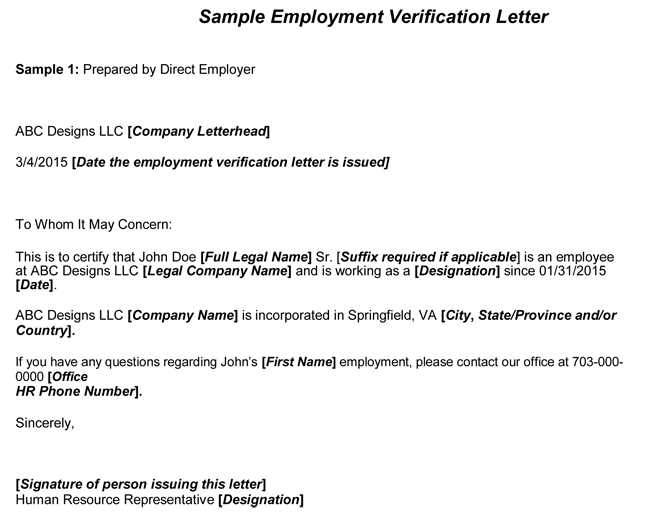
When composing your message, it’s important to be clear, concise, and respectful. Start by introducing yourself and briefly explaining why you’re reaching out. Specify the role you’re pursuing and the qualities or achievements you’d like the person to emphasize. Be polite, express gratitude, and make sure to mention any relevant deadlines.
Key Elements of a Strong Endorsement
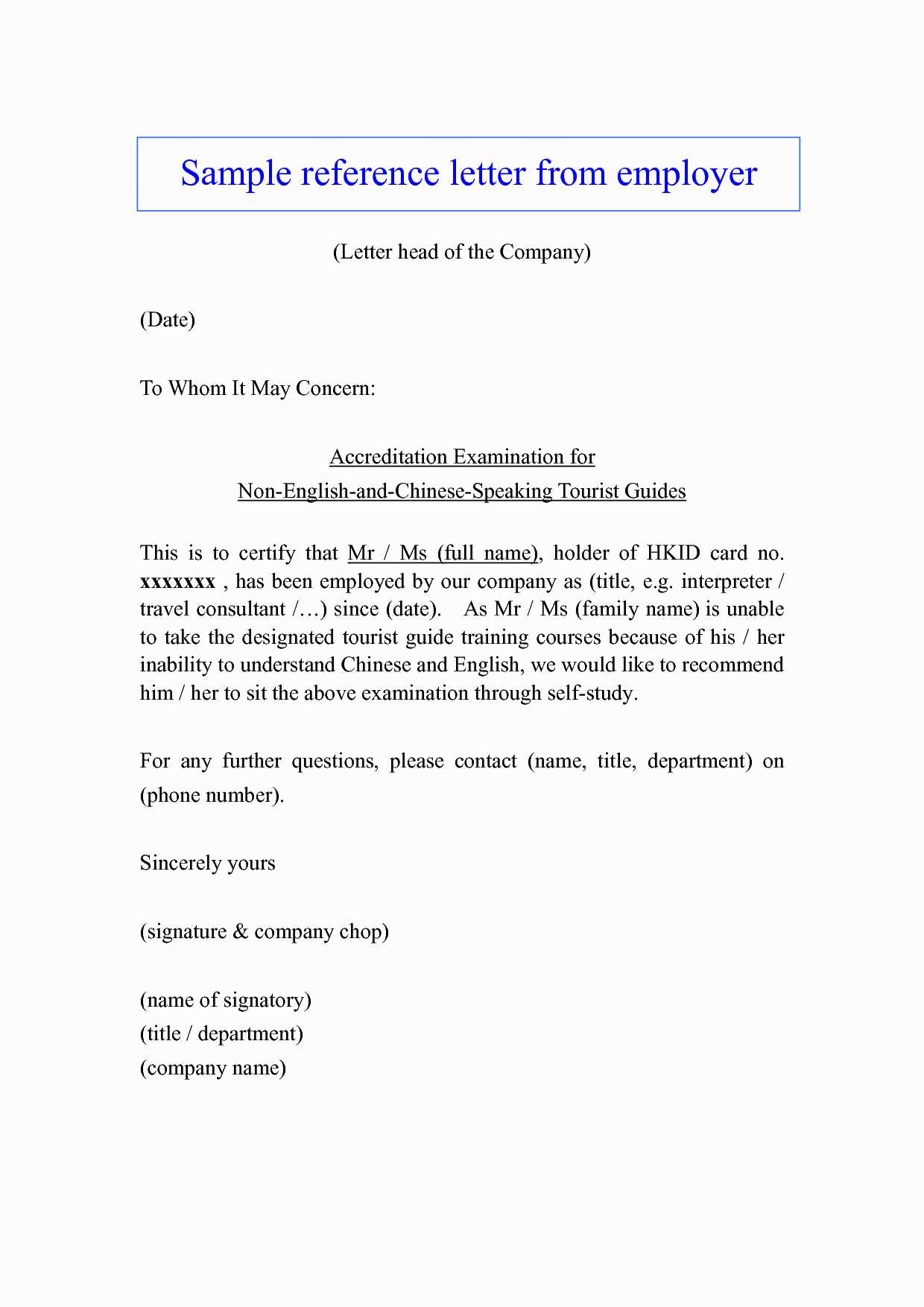
A compelling endorsement message should include the following components:
- Context: Clarify the purpose of your request, whether it’s for a job opportunity, promotion, or academic pursuit.
- Details: Share relevant background information, such as your professional experience and accomplishments that align with the position or project.
- Respectful Tone: Ensure your tone remains polite and professional, acknowledging the value of the recipient’s time.
Common Mistakes to Avoid
To avoid a negative response, steer clear of these frequent mistakes:
- Being too vague: Don’t leave the recipient guessing about what you need from them.
- Sounding overly informal: Keep the communication professional, even if you have a close relationship with the person.
- Including unnecessary details: Be direct and focused, providing just the essential information.
Best Practices for Professional Correspondence
When sending your message, be sure to follow up politely, showing appreciation for their time and assistance. Timing is important, so ensure you reach out well in advance of any deadlines. A respectful and well-timed request fosters a stronger professional relationship.